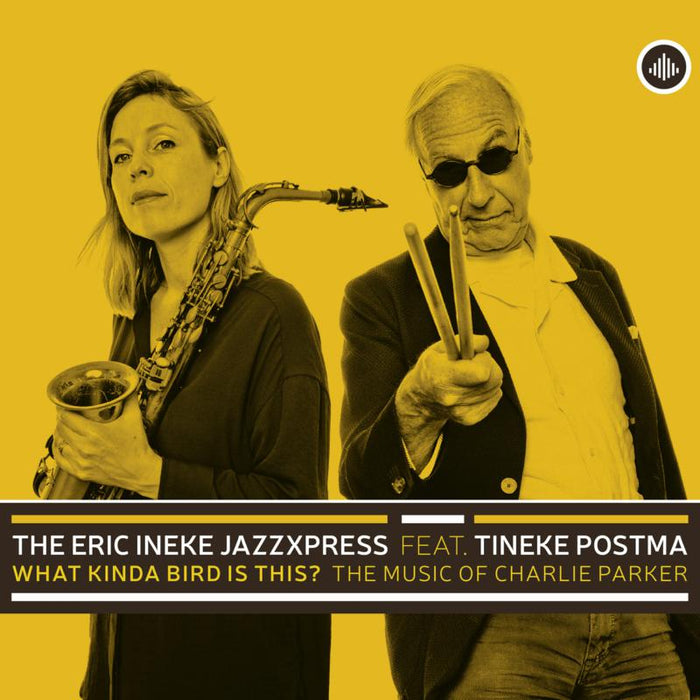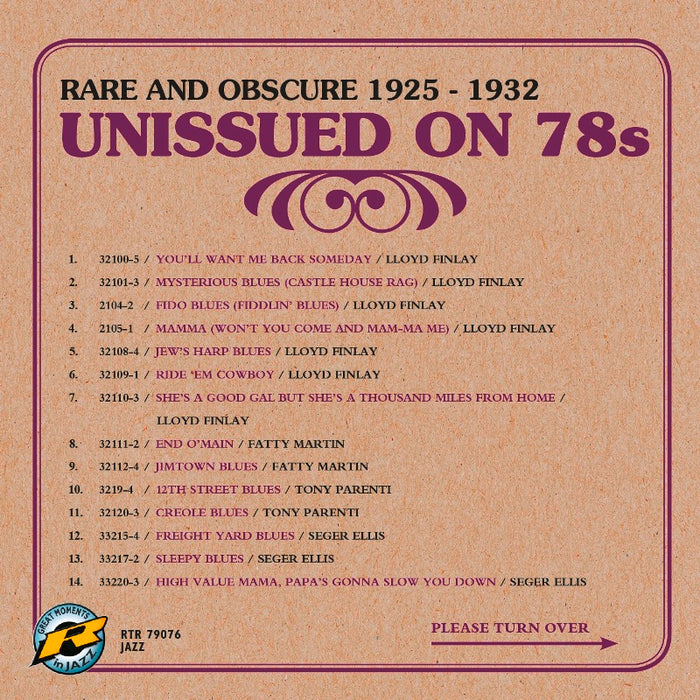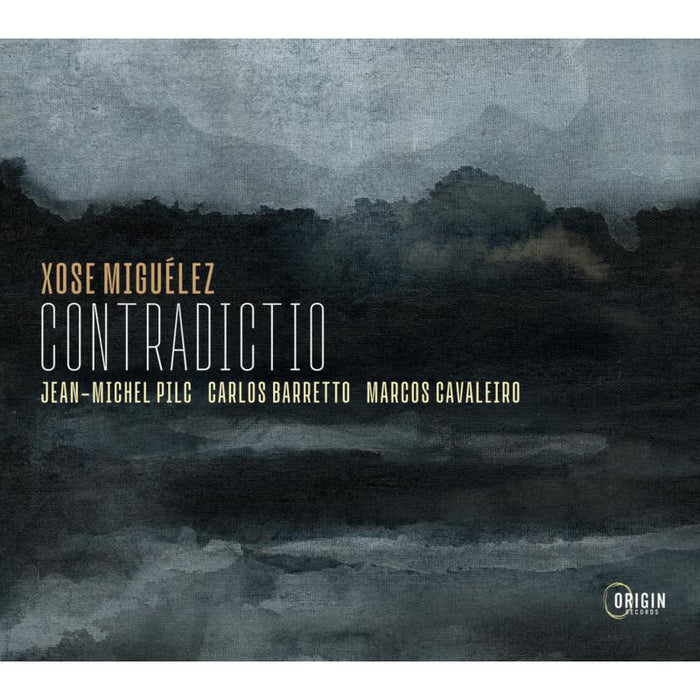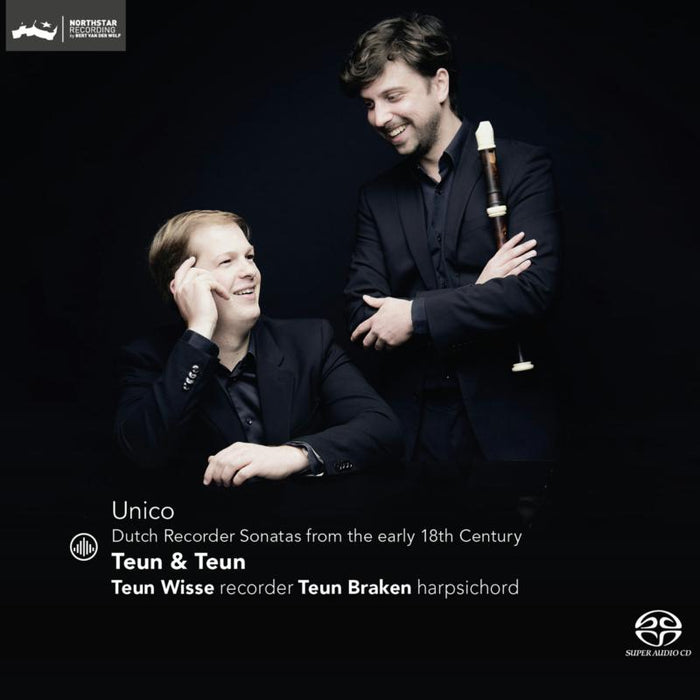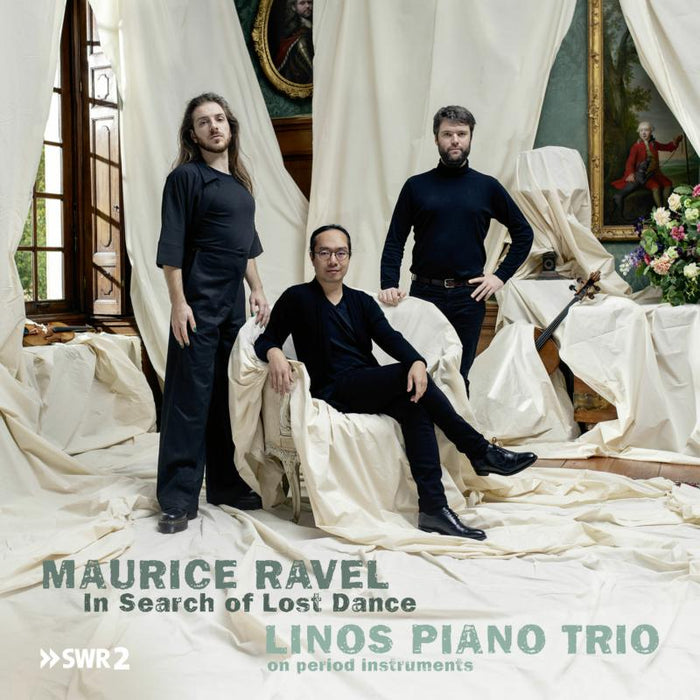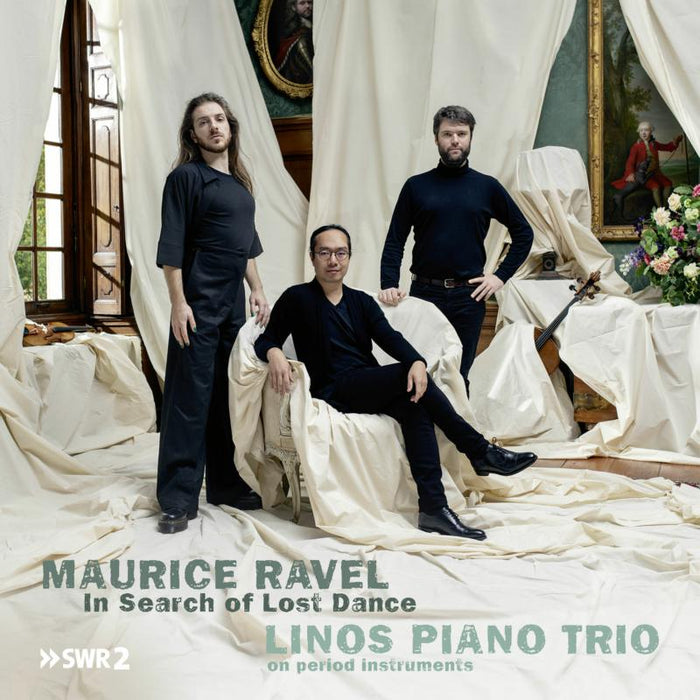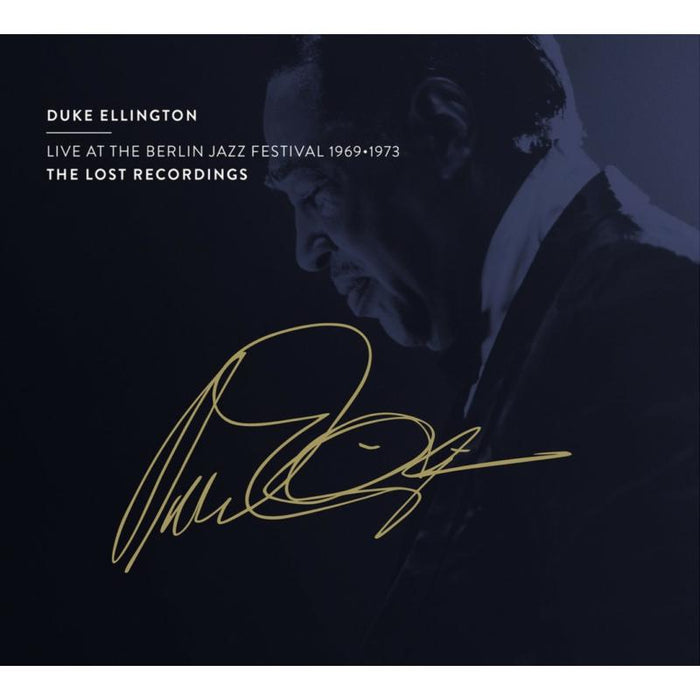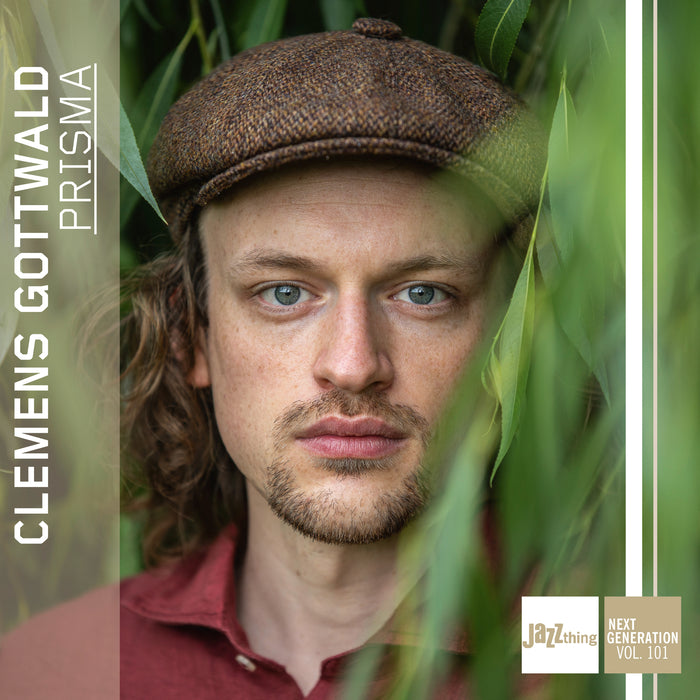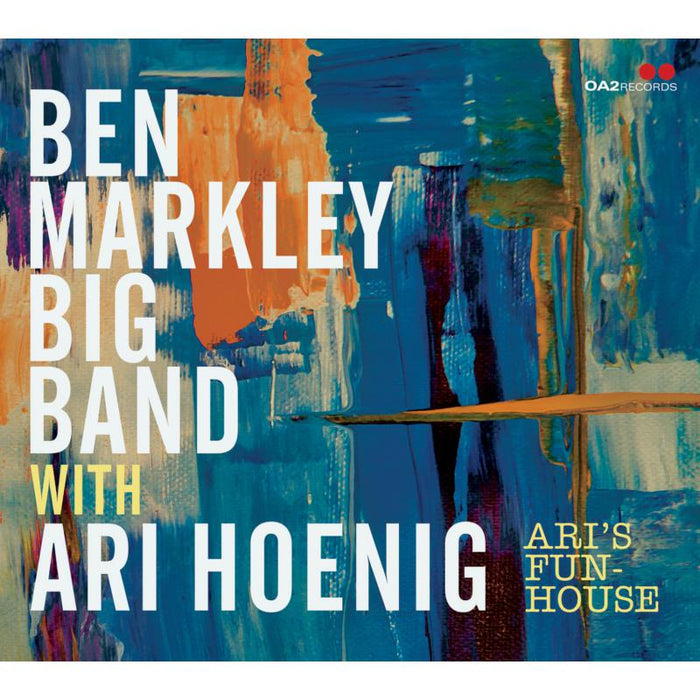Description
The the first volume in a series of discs devoted to Bach's famous Cantatas by Ton Koopman and the Amsterdam Baroque Orchestra & Choir.
The project is chronologically structured, so this first volume includes Cantatas composed at Mulhausen in the years 1707 and 1708. This disc contains four great and well-known masterpieces which convey the mastery and maturity of the young Bach, aged 22 at that time.
Bach's sacred music written before he went to Leipzig, including all the works from the Weimar period, are often lumped together as "early" cantatas. This is misleading and ultimately inaccurate, since Bach was already 38 years old when he moved from his post as Kapellmeister at Kothen in 1723 to take up his duties as Kantor at the Thomaskirche in Leipzig. In fact most of Bach's church cantatas date from the Leipzig years, as does the consolidation of the stylistic, structural and technical features of his vocal works, but even the repertoire composed before 1714 can hardly be termed "early". The works composed at Mühlhausen, demonstrating a striking sureness of touch in their conception, placed the 22-year-old among the finest contemporary cantata composers. Bach's earliest church cantatas are still clearly marked by 17th-century traditions. As well as the influences of older members of the Bach family, those of Buxtehude and Pachelbel the Elder, and Italian and French masters are evident, technically, structurally and stylistically. A particularly characteristic feature of the pre-Leipzig cantatas is Bach's exceptional delight in experimental and complex handling of an extremely wide range of instruments, with refined sound effects (such as the use of the bassoon) and poly- and homophonic settings and forms.
"Immaculate musicianship is matched by eloquent communication of the texts, so that drama and theological intention are atmospherically conveyed. A superb quartet of vocal soloists are well balanced in the ensembles, and the chorus has a gloriously flexible and unified sound." – Choir & Organ, 5 STARS


